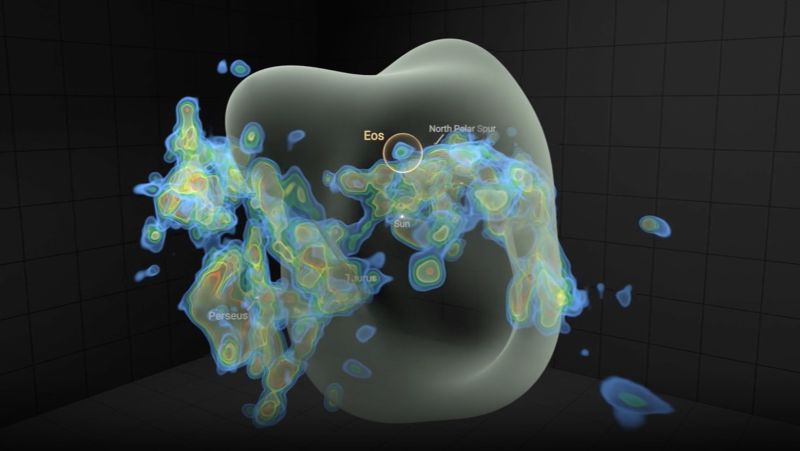Is it possible to delay the aging process with an everyday beverage? Many factors contribute to aging, including diet, which provides essential nutrients that support the body’s functions and help to promote longevity. One beverage that has shown promise in this regard is tea. Despite being stereotypically associated with British culture, tea is a staple in nearly 80 percent of U.S. households, with Americans consuming over 3.9 billion gallons of tea in 2021, equating to almost 85 billion servings. Studies have indicated that the plant-based compounds in tea, called polyphenols, may increase the lifespan of various species, including worms, flies, and mice, and are associated with a reduced risk of age-related diseases in humans, such as heart disease, diabetes, dementia, and cancer. However, there is limited research on the relationship between tea consumption and biological aging. Researchers in China set out to investigate the impact of tea consumption on longevity and found that drinking three cups a day can have anti-aging benefits.

In a recent study published in the journal The Lancet Regional Health—Western Pacific, researchers from Sichuan University analyzed data from nearly 14,000 participants aged 30 to 79. Participants reported their daily tea consumption and were evaluated for biological aging biomarkers. Follow-up assessments two to four years later revealed a clear pattern—tea consumption was linked to slower biological aging, particularly for consistent tea drinkers consuming moderate amounts. The authors noted that consuming around three cups of tea, or 6 to 8 grams of tea leaves daily, may offer the most noticeable anti-aging benefits. While the study shows a correlation, further research is necessary to identify the specific molecules in tea responsible for its potential anti-aging properties. Nevertheless, tea is rich in polyphenols and antioxidants, known to reduce inflammation, eliminate toxic byproducts of cellular reactions, and promote cell turnover. Polyphenols also play a crucial role in supporting gut microbiome, with implications for metabolism, immunity, and cognitive function. The findings suggest that tea could be used as a nutrition-based approach to slow down the aging process and potentially reduce the risk of age-related diseases. The authors believe that their work highlights the potential role of tea in developing nutrition-based anti-aging interventions and guiding healthy aging policies. If you have health concerns or questions about aging, please reach out to health@newsweek.com. Your story could be featured in Newsweek as we strive to challenge conventional wisdom and uncover common ground.
Researchers Unveil Common Drink That Could Halt Aging












